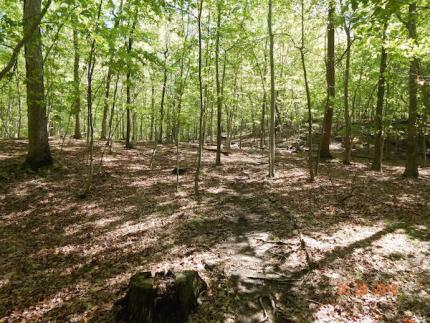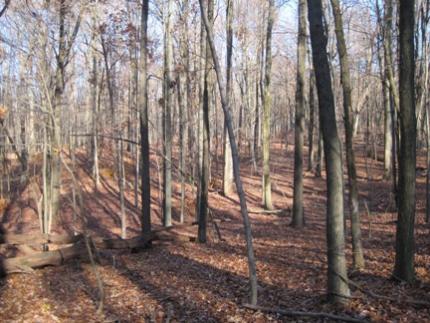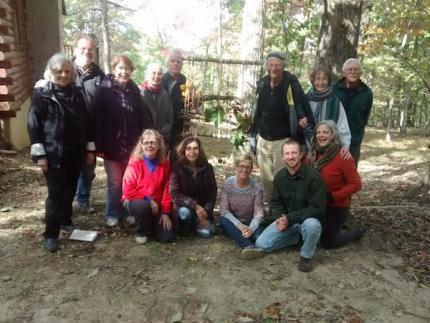Changes
 In an old story, it takes Christ three days to let go of all that holds him to this world, including the breath of life, and journey to the underworld. There he “harrows” the darkness and the depths, as an ancient farmer might probe and stir and prod the soil for planting. Then on the third day he stands next to Mary in the dawn twilight so utterly changed that she doesn’t recognize him, her dearest, most intimate friend. It is Easter, the fire feast of the Resurrection, when Christians hold services at dawn and look to the rising sun in the East while the Earth turns green again and flowers. Thus the holy, uncontrollable alchemy of descent and inception, release and grace, death and transformation, is celebrated.
In an old story, it takes Christ three days to let go of all that holds him to this world, including the breath of life, and journey to the underworld. There he “harrows” the darkness and the depths, as an ancient farmer might probe and stir and prod the soil for planting. Then on the third day he stands next to Mary in the dawn twilight so utterly changed that she doesn’t recognize him, her dearest, most intimate friend. It is Easter, the fire feast of the Resurrection, when Christians hold services at dawn and look to the rising sun in the East while the Earth turns green again and flowers. Thus the holy, uncontrollable alchemy of descent and inception, release and grace, death and transformation, is celebrated.

.jpg)




.jpg)

